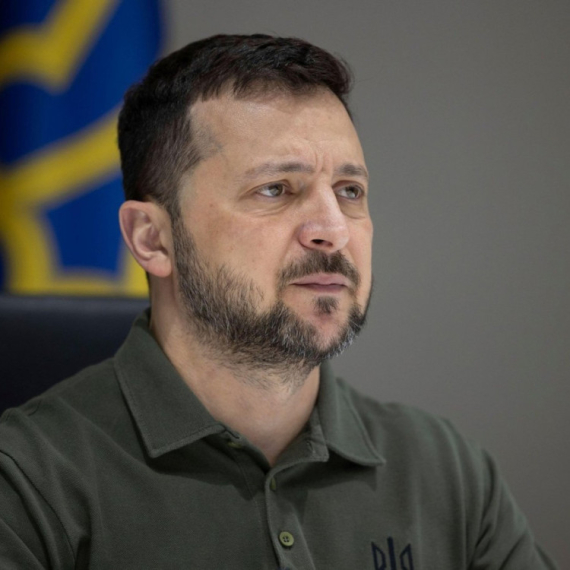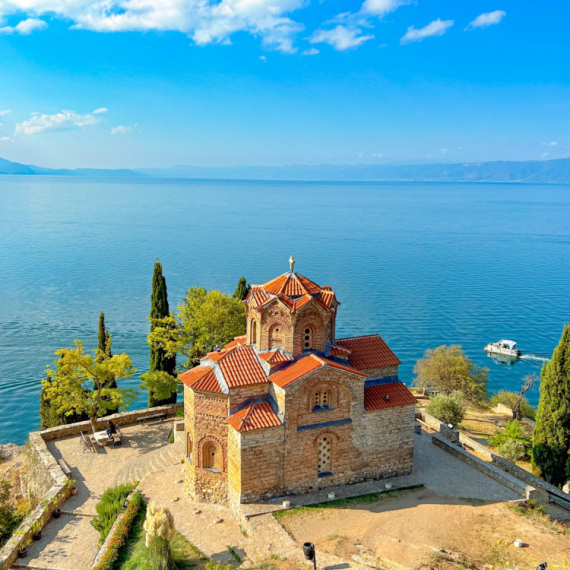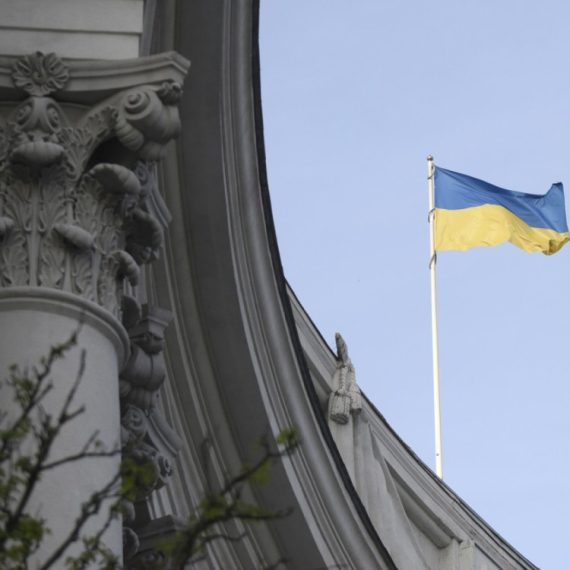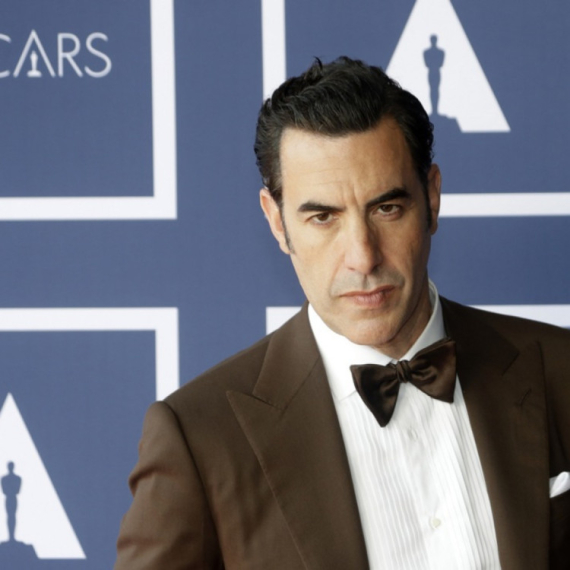Kusturica to make film about Kosovo organ trade
Film director Emir Kusturica has announced he will spend the next three years making a film on human organ trafficking in Kosovo.
Monday, 01.04.2013.
10:32

MECAVNIK Film director Emir Kusturica has announced he will spend the next three years making a film on human organ trafficking in Kosovo. Serbia's internationally renowned filmmaker told Tanjug in an interview that he considers it as one of the major topics of this century and the most brutal act and strongest sign of a return to pagan times. Kusturica to make film about Kosovo organ trade Kusturica said the film requires major preparations and investments and noted that the idea came from his daughter, who was writing a script "at a time we were all taken aback" by the horrific crimes. He revealed that he he plans to shoot in Russia, because most of the movie takes place there, while he will shoot the segments which take place in Kosovo somewhere else. Kusturica talked about the movie to the participants of the Vivaldi Forum held at Mecavnik this weekend, where he revealed he has been writing a novel entitled "My Dear Fyodor" for some time. The protagonist is a Serbian man who has lived in Paris for years and dreams of portraying Dostoevsky, which leads him to Kosovo by the way of Saint Petersburg. The director said the organ trafficking in Kosovo is the most horrific topic which has been kept hidden for years, and there is no bigger topic than this one in the arts. "It is our destiny to "forget the terrible things that happen to us," he said, adding he wants to remind viewers. The allegations that ethnic Albanian KLA in 1999 and 2000 kidnapped Serbs and other civilians in Kosovo, detained them illegally in northern Albania, and removed and sold their vital organs in the international black market, first surfaced in a book published in 2008 by Carla del Ponte, former chief prosecutor of the Hague Tribunal. Council of Europe special rapporteur Dick Marty in late 2010 published his report, which was used a basis of a resolution passed in early 2011, calling for an impartial probe to be conducted. The atrocities are currently a subject of investigation of the Serbian War Crimes Prosecution, and of a special team set up by the EU mission in Kosovo, EULEX. (Tanjug, file) Tanjug
Kusturica to make film about Kosovo organ trade
Kusturica said the film requires major preparations and investments and noted that the idea came from his daughter, who was writing a script "at a time we were all taken aback" by the horrific crimes.He revealed that he he plans to shoot in Russia, because most of the movie takes place there, while he will shoot the segments which take place in Kosovo somewhere else.
Kusturica talked about the movie to the participants of the Vivaldi Forum held at Mećavnik this weekend, where he revealed he has been writing a novel entitled "My Dear Fyodor" for some time.
The protagonist is a Serbian man who has lived in Paris for years and dreams of portraying Dostoevsky, which leads him to Kosovo by the way of Saint Petersburg.
The director said the organ trafficking in Kosovo is the most horrific topic which has been kept hidden for years, and there is no bigger topic than this one in the arts.
"It is our destiny to "forget the terrible things that happen to us," he said, adding he wants to remind viewers.
The allegations that ethnic Albanian KLA in 1999 and 2000 kidnapped Serbs and other civilians in Kosovo, detained them illegally in northern Albania, and removed and sold their vital organs in the international black market, first surfaced in a book published in 2008 by Carla del Ponte, former chief prosecutor of the Hague Tribunal.
Council of Europe special rapporteur Dick Marty in late 2010 published his report, which was used a basis of a resolution passed in early 2011, calling for an impartial probe to be conducted.
The atrocities are currently a subject of investigation of the Serbian War Crimes Prosecution, and of a special team set up by the EU mission in Kosovo, EULEX.



























































Komentari 73
Pogledaj komentare